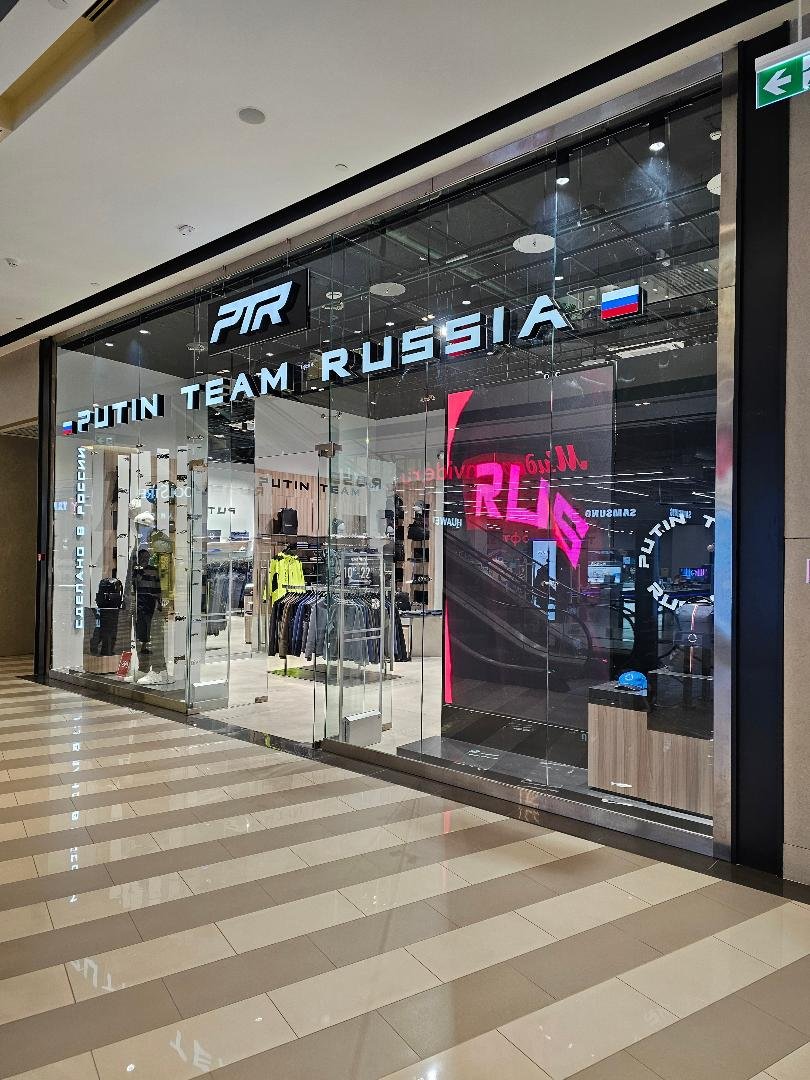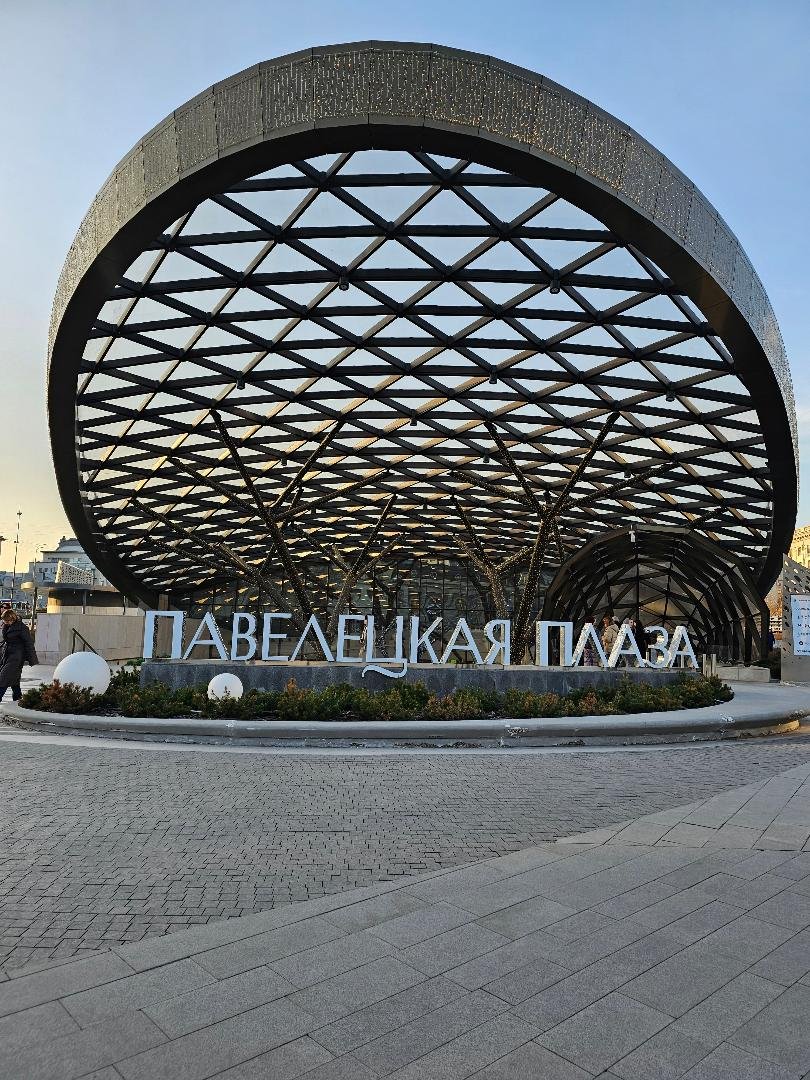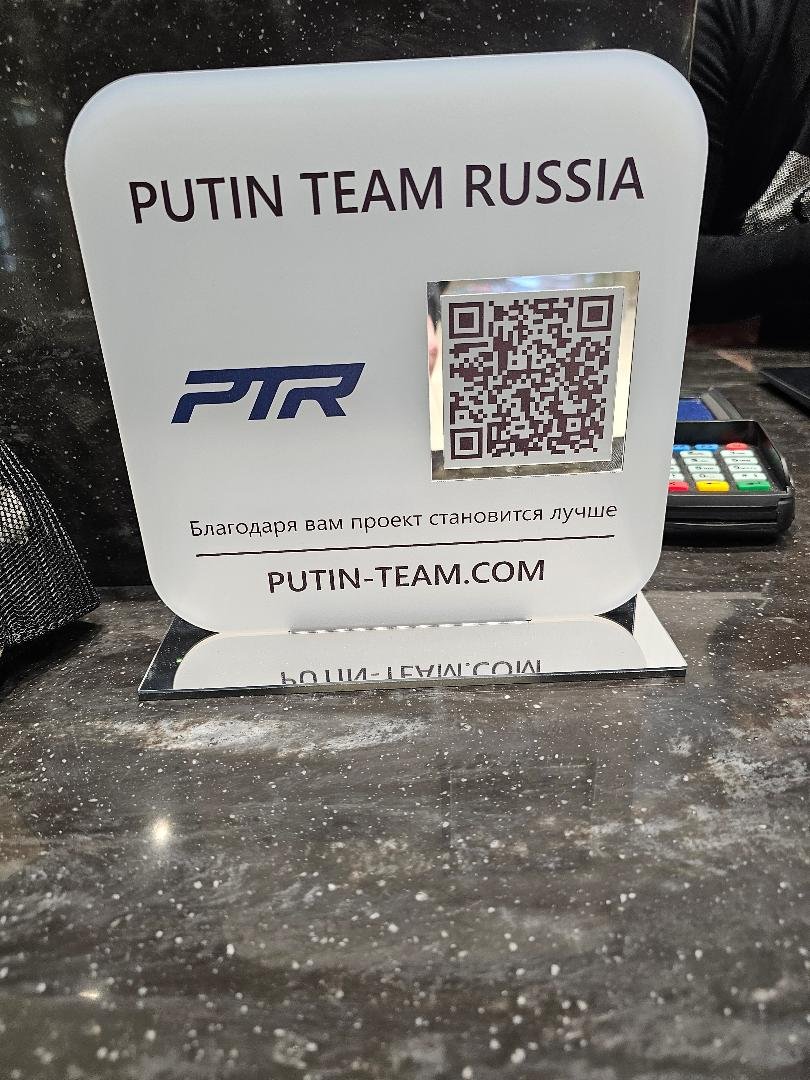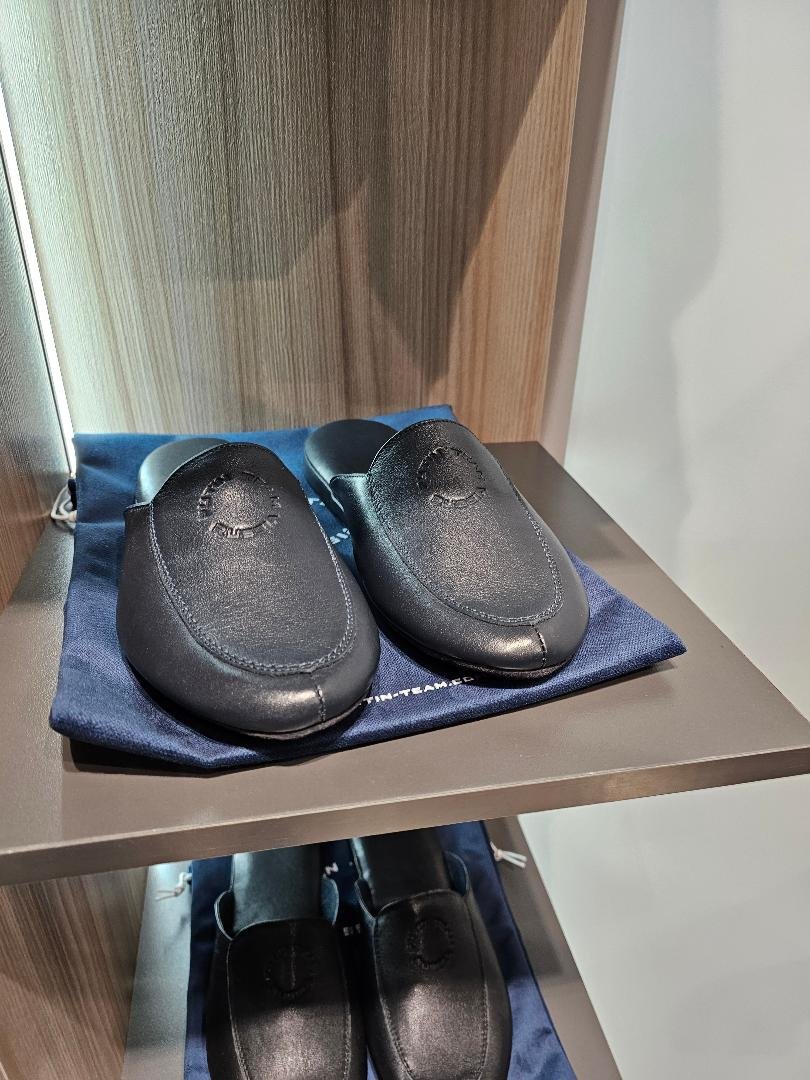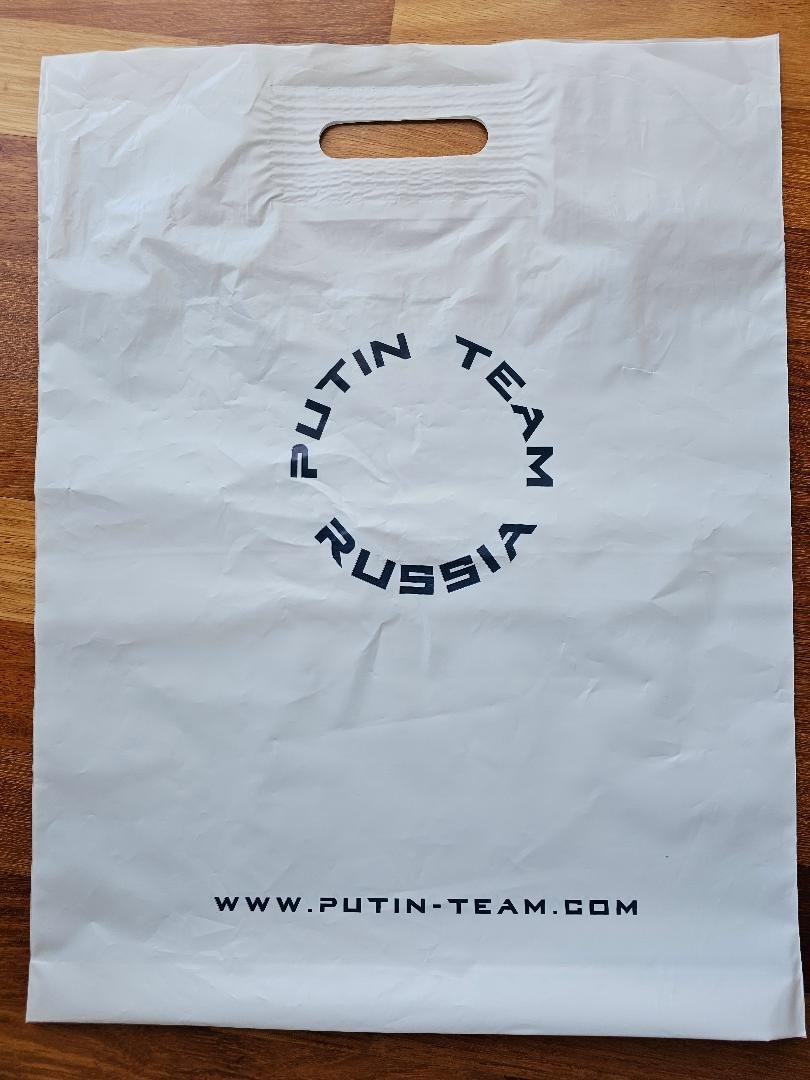Putin Team Russia Stores Focus Upon The Man, Not The Presidency Or The Country. Options Range Subtle To Bold- Some 20% Off. Similarities To Donald Trump’s Online Store. Thankfully, No Bible Or Flask.
Putin Team Russia Retail Store Products Feature “Putin Team Russia” Or “Putin” Or “PTR” On Products, Including Slippers And Cellular Device Protectors. Surprisingly Do Not Include Crest Of The Russian Federation, Which Features Prominently In Appearances By Vladimir Putin, President Of The Russian Federation (2000-2008, 2021- ).
Some Items Are Subtle- The Initials “PTR” Rather Than Putin Team Russia. Some Embroidering Same Color As Fabric. Others Visible Contrast.
Wearer And User Choices- Everyone Easily Sees Political Connectivity Or Subtle Messaging.
Products Do Not Reference President Putin As President Of The Russian Federation, Nor Do They Reference The Office He Holds.
The Theme Of The Retail Store Is About The Man, The Image Of The Man, Supporting The Man. Separating Wearing Apparel Or Carrying Items Which Visibly Link The Wearer, The Users To Specifically Supporting The Russian Federation (As Symbolized By The Crest), Or The Presidency Of The Russian Federation.
Unknown If Net Profits From Putin Team Russia Retail Stores Are Directed To A Charity Or Charities.
Donald Trump, 45th President Of The United States (2017-2021), Offers And Online Marketplace For “Trump” And “Make America Great Again” And “MAGA” Merchandise, Including Bibles And Flasks- And He Controls The Revenue From These Commercial Activities.
The Putin Team Russia Retail Store Is Offering A 20% Discount On Some Items. One Customer Purchased With Cash And Cashier Did Not Have The 10.00 Rubles. Like In Many Countries, Transactions In Moscow Are Becoming Cashless.
Putin Team Russia Products Are Made In Yekaterinburg, The City Infamous As The Location Of The Execution Of Tsar Nicholas II And His Family In 1918.
In Paveletskaya Plaza, an upscale three-level shopping mall located in front of the Paveletsky Train Station in the city of Moscow, Russian Federation, there is one of twenty-two (22) Putin Team Russia (https://www.putin-team.com) retail stores located throughout the Russian Federation.
The first Putin Team Russia retail store opened in 2021 at Moscow, Russian Federation-based Sheremetyevo Airport (SVO).
The Putin Team Russia retail stores are owned by Yekaterinburg, Russian Federation-based GC Shisken, established by Dmitry Shishkin (DOB 1987), a “designer of man’s clothes and businessman, art history PhD and member of the Russian Union of Designers, academician of the National Academy of Fashion Industry. Also founder and CEO of GC «Tailoring Company «SHISHKIN», «MTM ATELIER» first in Russia «BESPOKE ATELIER», «UNIFORM ATELIER» innovative tailor factory, winner of the Golden Spindle National Fashion Industry Award in three categories, participant of the INNOPROM-2017 innovation exhibition, and some events in the fashion industry.”
A historical anecdote: Yekaterinburg is the fourth-largest city in the Russian Federation, the largest city in the Ural Federal District, and one an important cultural and industrial area. After the Russian Revolution of 1917, Yekaterinburg was the location of the execution of the last tsar, Nicholas II, and his family in 1918. In 1924, Yekaterinburg was renamed Sverdlovsk in honor of the Bolshevik leader Yakov Sverdlov. In 1991, Sverdlovsk reverted to its original name.
United States Department of State- Washington DC
Yekaterinburg lies at the crossroads between Europe and Asia, east of the slopes of the Ural Mountains in central Russia. The continental divide is 30 kilometers west of the city. Yekaterinburg is Russia’s third or fourth largest city with a population of 1.5 million. It was founded in 1723 and is named for Peter the Great’s wife, Catherine I. Peter recognized the importance of Yekaterinburg and the surrounding region for the rapid industrial development necessary to bolster Russia’s military power. Today, Yekaterinburg is primarily known both as a center of heavy industry and steel-making, the Russian equivalent of Pittsburgh, and as a major freight transportation hub. Its major industries include ferrous and non-ferrous metallurgy, chemicals, timber, and pulp and paper. Yekaterinburg has long been an important trading center for goods coming from Siberia, Central Asia and Europe. The city also has a reputation as a center of higher education and research. The Urals Branch of the Russian Academy of Sciences is located there with its 18 institutes and numerous research facilities linked to industry. Yekaterinburg is also well known as a center for the performing arts. Its Opera and Ballet Theater dates back to 1912. The Urals Philharmonic Orchestra is the largest symphony orchestra in central Russia.
Yekaterinburg is the capital of Sverdlovsk Oblast (an oblast is the equivalent of a American state). Economically, Sverdlovsk is among 10 of the 89 administrative subdivisions of the Russian Federation that are net contributors to the federal budget. Sverdlovsk has produced many prominent political figures, including Russia’s first President, Boris Yeltsin, and Russia’s first elected Governor, Eduard Rossel. Since the establishment of the Russian Federation, Sverdlovsk Oblast has been one of the nation’s leaders in political and economic reform. In 1996, Sverdlovsk became the first oblast to conclude agreements with the Federal Government granting it greater political autonomy and the right to conduct its own foreign economic relations.
Economic reform has gathered momentum in Sverdlovsk Oblast. The majority of Sverdlovsk’s industries have been privatized. 75% of enterprises are at least partially owned by private interests. About three-quarters of retail sales and industrial output is generated by private enterprise. Services have grown to 40 percent of oblast GDP, up from only 16 percent in 1992. About 25,000 small businesses are registered in the oblast. Small businesses make up about one-third of the construction, trade and food service.
Industry and Natural Resources
Sverdlovvsk Oblast, like most of the Urals region, possesses abundant natural resources. It is one of Russia’s leaders in mineral extraction. Sverdlovsk produces 70% of Russia’s bauxite, 60% of asbestos, 23% of iron, 97% of vanadium, 6% of copper and 2% of nickel. Forests cover 65% of the oblast. It also produces 6% of Russia’s timber and 7% of its plywood. Sverdlovsk has the largest GDP of any oblast in the Urals. The oblast’s major exports include steel (20% of its foreign trade turnover), chemicals (11%), copper (11%), aluminum (8%) and titanium (3%). In terms of industrial output, Sverdlovsk ranks second only to Moscow Oblast and produces 5% of Russia’s total. Ferrous metallurgy and machine-building still constitute a major part of the oblast’s economy. Yekaterinburg is well known for its concentration of industrial manufacturing plants. The city’s largest factories produce oil extraction equipment, tubes and pipes, steel rollers, steam turbines and manufacturing equipment for other factories.
Non-ferrous metallurgy remains a growth sector. The Verkhnaya Salda Titanium Plant (VSMPO) is the largest titanium works in Russia and the second largest in the world. A second growth sector is food production and processing, with many firms purchasing foreign equipment to upgrade production. The financial crisis has increased demand for domestically produced foodstuffs, as consumers can no longer afford more expensive imported products. Many of Yekaterinburg’s leading food processors — including the Konfi Chocolate Factory, Myasomoltorg Ice-Cream Plant, Myasokombinat Meat Packing Plant and Patra Brewery — have remained financially stable and look forward to growth.
Foreign Trade and Investment
Sverdlovsk Oblast offers investors opportunities mainly in raw materials (metals and minerals) and heavy industries (oil extraction and pipeline equipment). There is also interest in importing Western products in the fields of telecommunications, food processing, safety and security systems, and medicine and construction materials. Both Sverdlovsk Oblast and Yekaterinburg city officials have encouraged foreign investment and created a receptive business climate. The oblast has a Foreign Investment Support Department and a website which profiles over 200 local companies. The city government opened its own investment support center in 1998 to assist foreign companies. Despite local efforts, foreign investors face the same problems in Yekaterinburg as they do elsewhere in Russia. Customs and tax issues top the list of problem areas.
Sverdlovsk Oblast leads the Urals in attracting foreign investment The top five foreign investors are the U.S., UK, Germany, China and Cyprus. About 70 foreign firms have opened representative offices in Yekaterinburg, including DHL, Ford, IBM, Proctor and Gamble, and Siemens. Lufthansa airlines has opened a station in Yekaterinburg and offers three flights per week to Frankfurt.
America is Sverdlovsk’s number one investor with $114 million in investment and 79 joint ventures. The three largest U.S. investors are Coca-Cola, Pepsi and USWest. Coca-Cola and Pepsi both opened bottling plants in Yekaterinburg in 1998. USWest has a joint venture, Uralwestcom, which is one of Yekaterinburg’s leading companies in cellular phone sales and service. America is Sverdlovsk Oblast’s number one trading partner. In 1998, Boeing signed a ten-year titanium supply contract valued at approximately $200 million with the VSMPO titanium plant. Besides the U.S., Sverdlovsk’s top trading partners include Holland, Kazakhstan, Germany and the UK.

